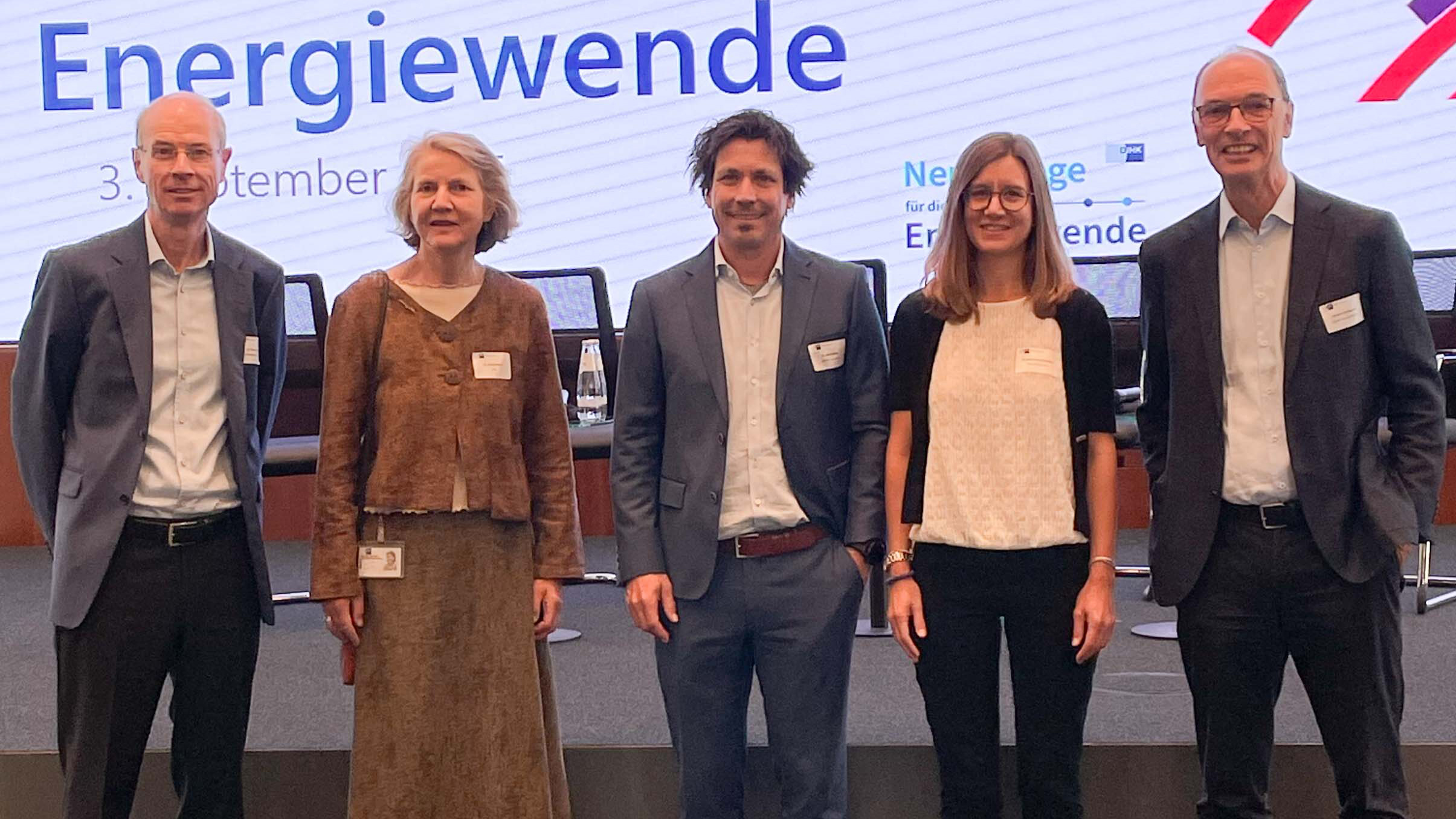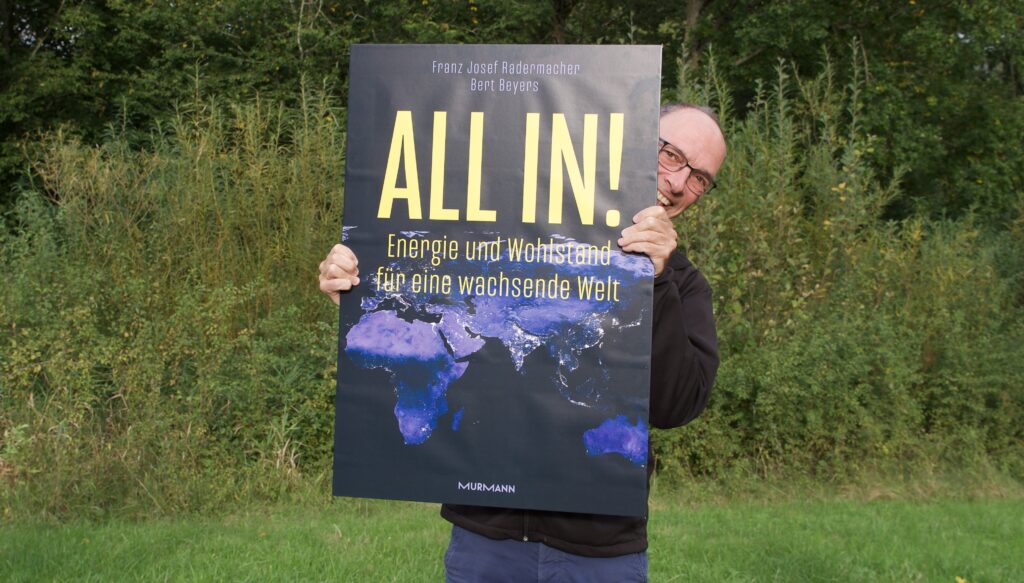From 2035 on, only new cars that do not emit greenhouse gases are to be sold in the European Union. Electric cars are thus set and the use of e-fuels is being examined. From GES’ point of view, not only a European but also a global solution is needed. E-fuels are an important building block in the energy system of the future.
E-fuels are renewably produced fuels that can be generated with the help of electricity and used like fossil fuels. The existing infrastructure can thus continue to be used: Pipelines, tankers, aircraft and, last but not least, the global fleet of cars and trucks. The emissions of 1.3 billion vehicles with combustion engines are three times greater than those of ships and aeroplanes combined. The climate problem can only be solved if they too become climate neutral.
And there will be many more to come. If the number of people in Africa doubles in the next few decades, they will need new roads, houses, entire cities – and the corresponding mobility and transport options. Today, 600 million Africans still live without electricity. They will definitely want to be mobile, but with electric cars?
Worldwide, electromobility will be part of the solution, especially in cities and rich countries. The ramp-up of the technology has its difficulties: for example, the huge quantities of raw materials for the batteries and the expansion of the charging infrastructure. But there are also major challenges in the production of e-fuels on an industrial scale.





